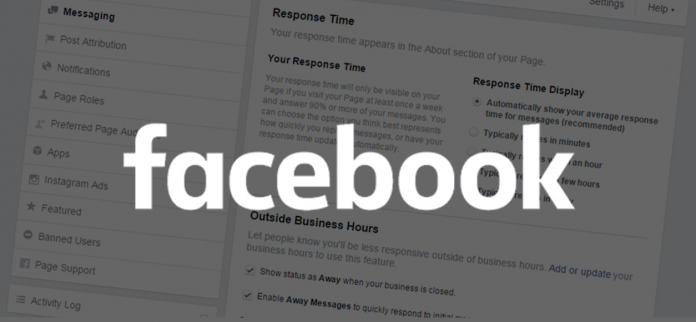Facebook users who do not use the “like” button to interact with the brands, have in the excess of messages the main reason for their rejection. 47% of respondents mention this, followed by 36% who do not want them to contact them, and 30% who fear for their privacy, according to a study by Lab42 this September. This “uncontrol”, caused by “overcommunication”, was also the main element of brand rejection on Facebook in a study conducted by Chadwick Martin Bailey (CMB) and Constanct Contact, released last March. 73% of the negative responses mentioned that Facebook brands were publishing too often.
 The Lab42 study found that 87% of social networking users do visit brand pages on Facebook. Asked about their motivation, 34% replied that they were looking for promotions and discounts, followed by 21% in search of gifts. Loyalty and trust in brands were also cited by 14% and 11%, respectively. 77% of respondents who appreciated the presence of brands on Facebook, commented that they had achieved some savings as a result of their “like”.
The Lab42 study found that 87% of social networking users do visit brand pages on Facebook. Asked about their motivation, 34% replied that they were looking for promotions and discounts, followed by 21% in search of gifts. Loyalty and trust in brands were also cited by 14% and 11%, respectively. 77% of respondents who appreciated the presence of brands on Facebook, commented that they had achieved some savings as a result of their “like”.
Anyway, 46% had said “I like” without having any intention to buy. Asked why, 52% said they had marked “I like” waiting for some free product, while 46% indicated that they could not afford to buy the products of that brand, and 24% had marked by indication, suggestion or to help a friend.
However, there seems to be a genuine intention to connect with brands through Facebook. Among those who indicate that they like brands. 82% think that Facebook is a good place to interact with them. Three out of four feel more connected to brands thanks to Facebook, and 35% believe that brands listen to them on Facebook. This increased connection to brands thanks to Facebook was also reflected last June in the results of an Allstate / National Journal study, with 64% of social networking users seeing brands growing to use social networks to respond to complaints and consumer queries.
The Lab42 study also points out that there are some categories of products that discourage users from relating to brands. Twenty-two percent of respondents commented that they had once been embarrassed or annoyed at the possibility of ticking the “I like” button, such as adult products, health and wellness, certain dietary products, etc. .
Trademarks should also be aware that on many occasions, the benefit they can expect from such actions is minimal, particularly the younger user group. An April 2012 study by a group of university professors found that almost 70% of so-called “millenium” users (born between 1977 and 1995) who “like” a brand on Facebook, it is very rare that they return to visit it. In February 2012, another study by the Ehrenberg-Bass Institute revealed that only 1% of the Faebook users that they liked liked in one of the big brands, such as Procter & Gamble or Coca-Cola, get to interact with they.